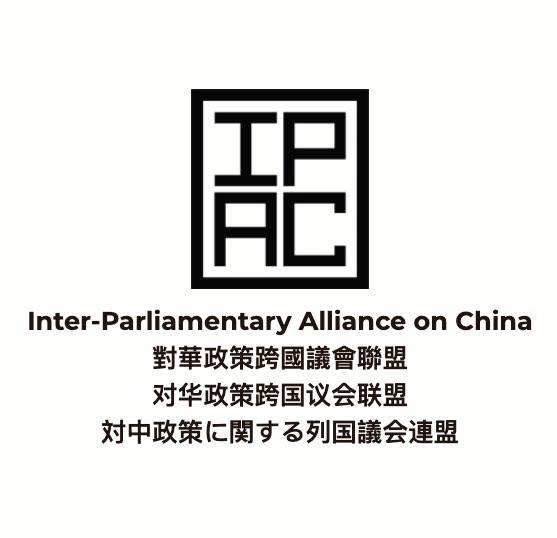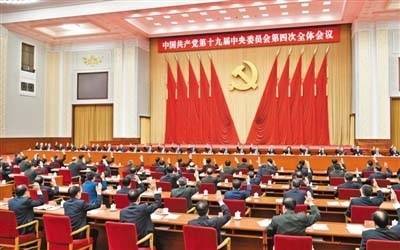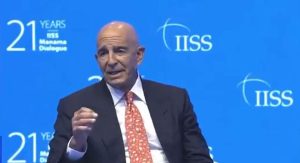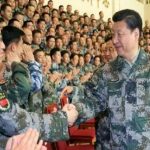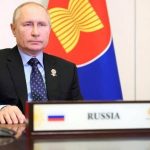The United States’ role in Afghanistan has come under scanner after the Taliban’s swift takeover of Kabul, following an offensive that saw the quick fall of the US-trained Afghan army…reports Asian Lite News
Lashing out at the Biden administration’s handling of US drawdown from Afghanistan, former President Donald suggested that China and Russia could make use of US military equipment left behind in the country and reverse-engineer stockpile of weapons running into billions of dollars.
The United States’ role in Afghanistan has come under scanner after the Taliban’s swift takeover of Kabul, following an offensive that saw the quick fall of the US-trained Afghan army.
In a news interview that aired on Sunday, Trump rebuked the US withdrawal as “incompetent” and warned it will likely endanger the United States and benefit its enemies, Fox News reported.
He expressed doubt whether the war in the troubled country is over and suggested the nation’s adversaries are taking advantage of the weapons, armoured vehicles, and aircraft that left US forces left behind.
“Now I’m saying, ‘How can they take this equipment?’ And I guarantee that China and Russia already have our Apache helicopters and they’re taking them apart to find out exactly how they’re made. They’re the best in the world by far. And they’re taking them apart so they can make the exact same equipment. They’re very good at that. It’s a disgrace,” Fox News quoted Trump as saying.
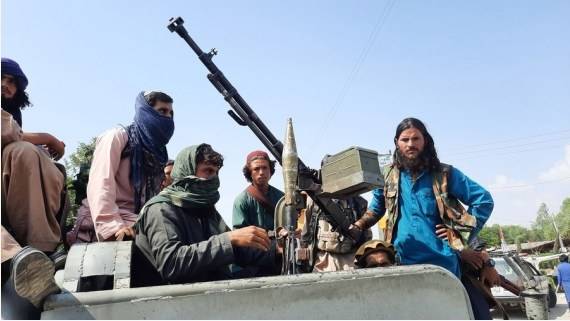
Last week, Trump had used the 20th anniversary of the 9/11 attacks to slam the “inept administration” of Joe Biden for its handling of Afghan withdrawal in a video message.
With the US exit from Afghanistan now over, experts have raised questions whether the strategic consequences of departure from the war-torn country were properly assessed by either Trump or Biden administrations.
A Europe-based think tank has found the decision to leave Afghanistan “inexplicable”, at a juncture when tensions are high with both of the US’ major rivals, China and Russia, located at Afghanistan’s doorsteps.
“How and why such a situation was acceptable to the two Presidents is perplexing, especially after the US had invested so much in Afghanistan for twenty long years. A lot of Americans also share this confusion, as a Reuters/Ipsos poll revealed this week,” said European Foundation for South Asian Studies (EFSAS) in its commentary.
Biden’s popularity has suffered a dent after the lightning recapture of Afghanistan by the Taliban. Multiple polls showed that Americans were in favor of continuing military mission in Afghanistan. (ANI)





